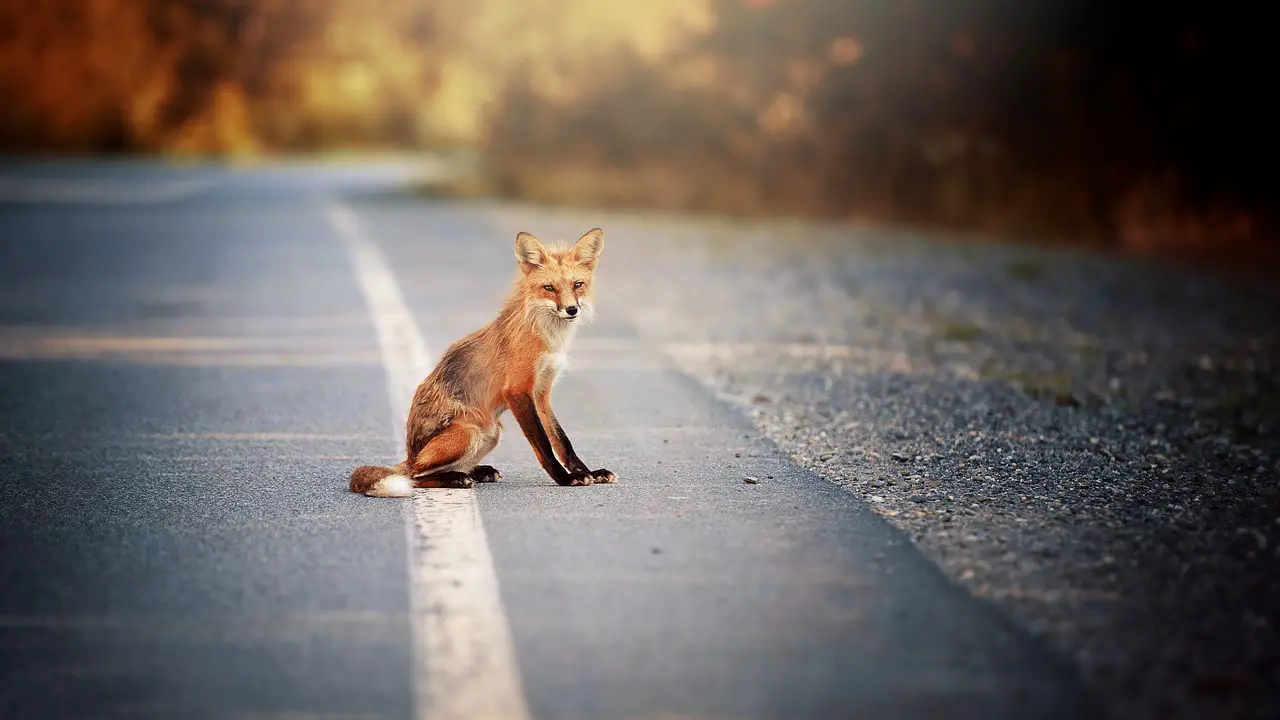Awareness
Scientists Warn: Earth’s Sixth Mass Extinction Is Upon Us and This Is Humans’ Fault

We all are aware of the environmental problems and the warning consequences of human activities’ for the planet. New research reveals that the situation may be even worse than we imagined.
According to Stanford scientists’ estimate, the rate at which vertebrate species are disappearing is higher than at any time since the demise of the dinosaurs. It’s needless to say that this mass extinction not only threatens the wildlife on our planet, but could become detrimental to the humans as well, who, in fact, are the ones who have provoked all this.
The estimates
A group of biologists led by Dr. Paul Ehrlich from Stanford University analyzed the extinction counts and fossil records for vertebrates and came up with a background extinction rate, or the normal rate between mass extinctions.
Then, the researchers compared it to the current extinction rate and came to a terrifying conclusion – the vertebrate species on Earth are disappearing up to 100 times faster than the normal. It is estimated that the last time when the rate of extinction was that high was when the dinosaurs died out 65 million years ago.
“[The study] shows without any significant doubt that we are now entering the sixth great mass extinction event,” Dr. Ehrlich said in a press release.
What are the consequences?
The researchers estimate that if extinction continues at this rate, about 26% of mammals and 41% of amphibian species will die out.
Such biodiversity loss has detrimental effects on the environment in general. Scientists have long warned about the decreasing population of bees, which pollinate 70% of the food we eat and have a crucial importance for the environment.
What about the consequences for us? According to the study, these processes could affect humans already in three generations.
“If it is allowed to continue, life would take many millions of years to recover, and our species itself would likely disappear early on,” said one of the co-authors of the study, Gerardo Ceballos of the Universidad Autónoma de México.
Humans’ responsibility
Unlike the way the dinosaurs died, this time it’s not going to happen because of an asteroid impact or any kind of natural disaster. The cause of the mass extinction is human activity. The research team found the activities which have the most negative effects on biodiversity:
- Land clearing for farming, logging and settlement
- Introduction of invasive species
- Carbon emissions that drive climate change and ocean acidification
- Toxins that alter and poison ecosystems
Moreover, the researchers think that their calculations are likely to underestimate the severity of humanity’s impact on biodiversity and that the real situation is even graver.
“We are sawing off the limb that we are sitting on,” said Ehrlich.
When will humans change the way they treat nature and other living creatures on this planet? It will probably happen only when it is too late; however, Dr. Ehrlich and his colleagues say that there is still a chance to prevent the mass extinction if we take intensified efforts to conserve the endangered species.
The question is: will we? Even with the increasing number of warning studies like this and plenty of information about the environmental problems, only a few of us take real actions to save nature and life on Earth. In my opinion, the situation could change only when each of us understands their responsibility for the planet’s future and adopts a different attitude towards the environment.
Typos, corrections and/or news tips? Email us at Contact@TheMindUnleashed.com
